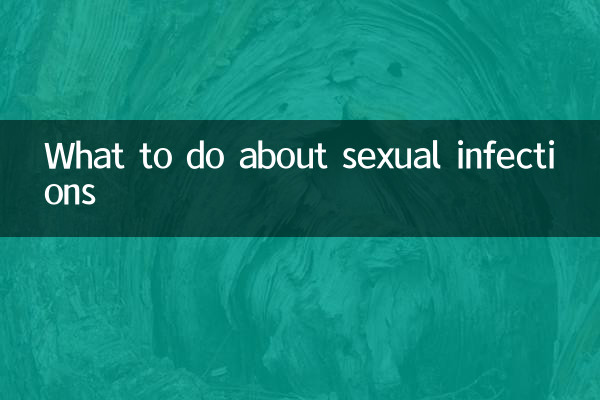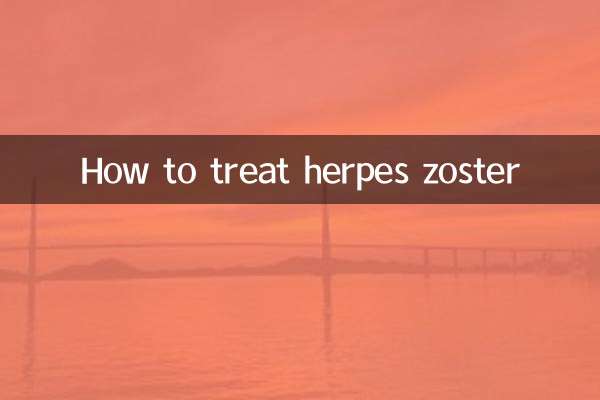What to do about sexually transmitted infections: A comprehensive guide and hot data analysis
In recent years, the prevention and treatment of sexually transmitted infections (STIs) has become a hot topic in global public health. With the popularity of social media and rising health awareness, the conversation about STIs continues to heat up. This article will combine hot topics and structured data from the Internet in the past 10 days to provide you with a comprehensive guide to dealing with sexually transmitted infections.
1. Analysis of recent hot topics (last 10 days)

| Ranking | hot topics | amount of discussion | main focus |
|---|---|---|---|
| 1 | Screening for asymptomatic infections | 12 million+ | The importance of early detection |
| 2 | Controversy over HPV vaccine popularization | 9.8 million+ | Vaccination age and safety |
| 3 | new antibiotic resistance | 7.5 million+ | Gonorrhea treatment challenges |
| 4 | Privacy protection and detection | 6.2 million+ | Anonymous detection service |
| 5 | Teenage sex education | 5.5 million+ | Popularization of prevention knowledge |
2. Common types and symptoms of sexual infections
| Type of infection | Main symptoms | incubation period | Detection method |
|---|---|---|---|
| Chlamydia infection | Painful urination and abnormal discharge | 1-3 weeks | Urine test/swab |
| gonorrhea | Genital discharge, pain | 2-10 days | Culture Test/NAAT |
| syphilis | Painless ulcers and rashes | 10-90 days | blood test |
| genital herpes | blisters, ulcers | 2-12 days | Virus culture/PCR |
| HIV | flu-like symptoms | 2-4 weeks | Antibody/antigen testing |
3. Response measures to sexually transmitted infections
1. Emergency steps:
• Stop having sex immediately
• Record the time and characteristics of symptoms
• Avoid self-medication
• Contact professional medical institutions
2. Medical treatment guide:
| Medical institution type | Advantages | Suggested situation |
|---|---|---|
| general hospital | Well equipped | Complex symptoms/requiring hospitalization |
| Specialty Clinic | Privacy protection | Routine testing/consultation |
| community health center | lower cost | basic screening |
4. Latest data on preventive measures
| prevention methods | efficient | Applicable people | hot discussion points |
|---|---|---|---|
| Condoms | 98% | all sexually active people | Correct usage |
| PrEP (pre-exposure prophylaxis) | 99% | HIV high-risk groups | drug accessibility |
| HPV vaccine | 90%+ | 9-45 years old | Male vaccination controversy |
| circumcision | 60% | male | cultural acceptance |
5. Psychological support and social resources
Confirmation of a sexual infection can be extremely psychologically stressful. The latest data shows:
• 70% of patients will initially experience symptoms of anxiety or depression
• Professional psychological counseling can reduce mental health risks by 85%
• There are 200+ anonymous support hotlines nationwide
6. Summary and action suggestions
Sexual infections are preventable and controllable. According to the latest medical guidance:
1. Annual Screening: All sexually active adults should be tested at least annually
2. Symptom monitoring: Establish personal health files and record abnormal conditions
3. Open communication: Discuss test results and preventive measures candidly with your partner
4. Vaccination: Vaccination against HPV, hepatitis B and other vaccines according to age and risk factors
Remember, early detection and treatment are key to dealing with STIs. If you have any concerns, please consult a medical professional promptly.

check the details

check the details